Beauty
The latest Beauty breaking news, comment, reviews and features from the experts at T3
Explore Beauty
-
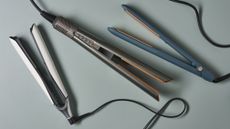
Best hair straighteners 2025: for sleek, frizz-free hair
Our top picks for envy-worthy locks
By Lizzie Wilmot Last updated
-
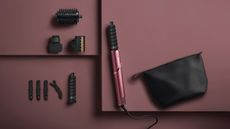
Shark just launched its FlexStyle in a stunning burgundy winter edition
It would make the perfect Christmas gift for any beauty lover
By Lizzie Wilmot Published
-
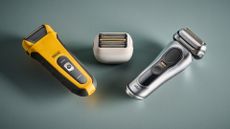
Best electric shaver 2025: top grooming options from Braun, Philips and more
Reduce stubble to rubble with the best electric shavers from Braun, Philips and other brands
By Lizzie Wilmot Last updated
-

Best beard trimmer 2026: premium shavers for stubble, short and long beards
Find the best beard trimmers, clippers and shapers to maintain a well-tended beard or on-trend stubble
By Bethan Morgan Last updated
-

Best body groomer 2025: find the top manscapers on the market
Find the best body groomers and the best manscaping groomers for your back, torso, downstairs and everywhere else...
By Lizzie Wilmot Last updated
-

Shark FacialPro Glow review: incredible at-home skincare with professional results
Does this clever skincare gadget deliver? (Spoiler: yes)
By Lizzie Wilmot Published
-
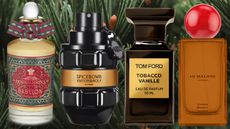
9 best Christmas fragrances for men: festive scents from Tom Ford, Maison Margiela, Burberry and more
Smell like Christmas with T3’s picks of festive fragrances and colognes
By Bethan Morgan Published
-

This Black Friday deal will make you smile all year and its 33% off right now
Waterpik's water flosser is one of the best options on the market and will keep your mouth clean for less
By Mat Gallagher Published
-

Therabody TheraFace Mask Glo review: a smarter, simpler take on LED skincare
The TheraFace Mask already had a strong reputation, so how well does the new Glo version perform? Let's find out
By Lizzie Wilmot Published
-
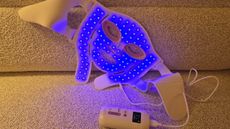
Renpho Artemis LED Light Soft Mask review: affordable, comfortable and effective LED therapy
This affordable LED face mask packs more lights than pricier rivals and promises serious skin perks – but does it deliver?
By Lee Bell Published
-

Best men’s fragrances and colognes 2026: find your signature scent or a meaningful gift
Find the best men's fragrances, including classics from Hugo Boss, Tom Ford, Chanel and more
By Bethan Morgan Last updated
-
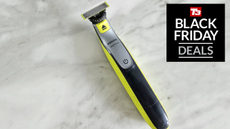
The Philips OneBlade is the only beard trimmer you’ll ever need – and it’s now reduced for Black Friday
A firm favourite of ours has had a huge price cut ahead of next week
By Lizzie Wilmot Published
-
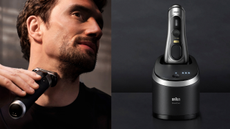
The Braun Series 9 Pro+ has been our top electric shaver for 1 entire year – here's why it's still our favourite
With its premium build and impressively close shave, the Braun Series 9 Pro+ remains one of the best electric shavers on the market
By Lizzie Wilmot Published
-
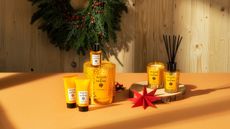
New Acqua di Parma Christmas collection is filled with gifts for the ones you really love
There's something for every taste here
By Sam Cross Published
-
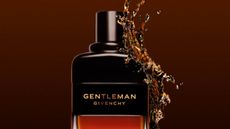
6 best boozy fragrances for men 2025: alcohol-inspired scents from Tom Ford, Givenchy and more
Who doesn’t want to smell like whiskey, right?!
By Bethan Morgan Published
-
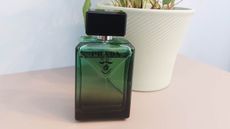
I tested Prada Paradigme – clean, citrusy and gets the best compliments
If you love zesty, sharp scents, then Prada’s latest fragrance is for you
By Bethan Morgan Published
-

Laifen’s new hair dryer delivers incredible speed – and still costs less than most
The Laifen Neo is available to buy now
By Lizzie Wilmot Published
-
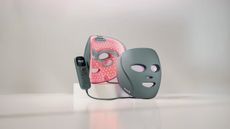
Shark Beauty re-introduces its viral LED face mask in stunning sage green colour
It’s now much easier for the design to appeal to everyone
By Lizzie Wilmot Published
-

Best hair dryer 2025: quick and frizz-free drying for all hair types
Find our top picks from Dyson, Shark, ghd and more
By Lizzie Wilmot Last updated
-
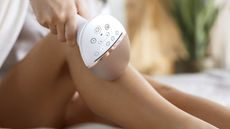
Best IPL hair removal machine 2026: banish unwanted hair with devices for men and women
Find the best IPL hair removal machines to banish hair with the power of light, meaning you never have to shave again!
By Bethan Morgan Last updated
-
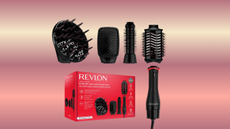
Revlon just launched an affordable multi-styler designed for curly and textured hair types
It features a brand new attachment
By Lizzie Wilmot Published
-

Best women's perfumes and fragrances 2026: hit the right notes
Find the best women's perfumes, from sweet and decadent to exotic and green
By Bethan Morgan Last updated
-
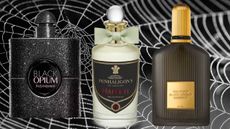
9 best Halloween fragrances 2025: dark, mysterious scents for spooky season from Tom Ford, YSL and more
Who doesn’t want to smell like a ghost?!
By Bethan Morgan Published
-

Watch out CurrentBody – this new LED face mask is worth a look
The Artemis LED Light Soft Mask arrived yesterday
By Lizzie Wilmot Published
-

Best LED face mask 2025: luxury beauty tech for brighter, healthier skin
Tackle all your skincare concerns
By Lizzie Wilmot Last updated
-

Therabody just launched a budget-friendly LED face mask that also massages your scalp
Is this what heaven feels like?
By Lizzie Wilmot Published
-
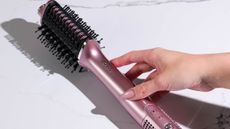
Shark quietly announces new Glossi hair styler with its strangest design yet
I’ll take one in every colour
By Bethan Morgan Published
-
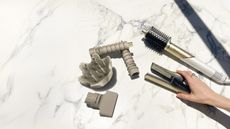
Shark Glam Multi-styler review: premium styling across all hair types
Could this be Shark’s best multi-styler yet?
By Lizzie Wilmot Published
-
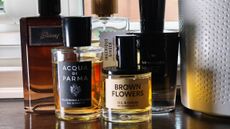
I test men's fragrances for a living – these 5 are my top picks for autumn
The colder temperatures offer a fresh palette for fragrance fans
By Sam Cross Published
